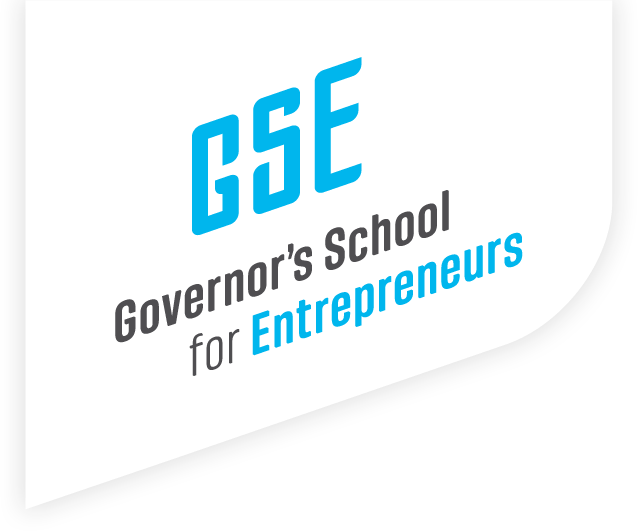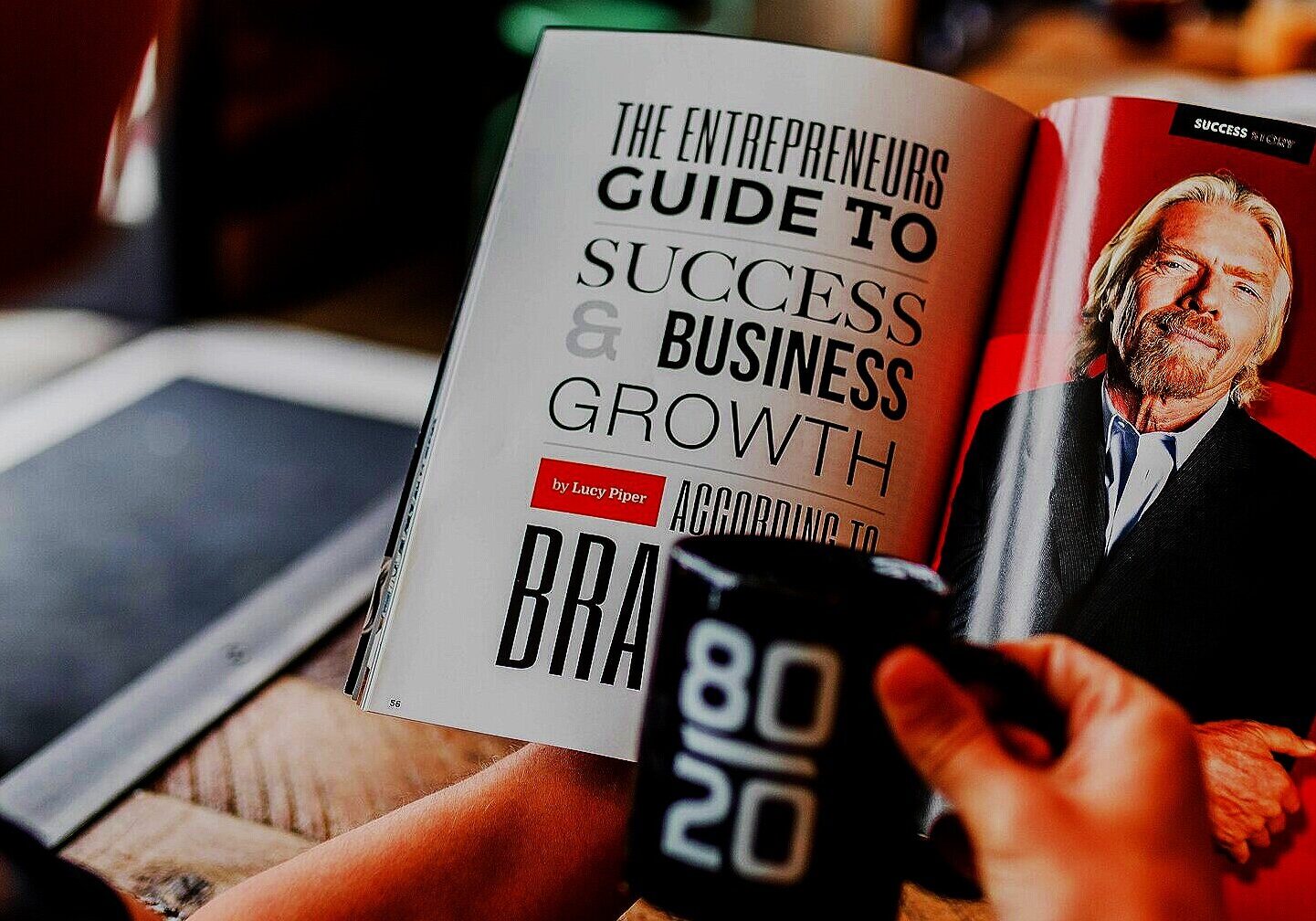As we have mentioned in prior blog posts, most startups fail. One reason for failure is they simply ran out of money. Funding is a hot topic in the startup world. In order to scale fast enough to beat out your competition, more than likely you will need a strong amount of money behind you. So how do you get it? Depends on the type of company you are building. Not all businesses are VC backable companies and that is perfectly okay. For those companies, bank loans are typically the best option (although not easy). Putting your own assets on the line is typically what a bank requires; along with personal credit and a business plan. For this blog’s sake, we are focusing on investable companies.
The golden question is always, “how do I get an investor to invest?” There is no blueprint to this issue. Many founders face this obstacle, but here is strong insight to prepare for a funding round.
1.) The Team
Investors invest in people not ideas. Let’s repeat that again. Investors invest in people not ideas. Your team is more important than your concept and its potential. Investors bet on people with prior entrepreneurship background, special sauce or some sort of competitive advantage. If someone’s prior startup was a success and they got the exit through acquisition, then they stand a strong chance of getting funding in their next startup.
They are looking at the team as a whole. Do you have the talent to execute this business model? They want to know you have a team that can at least get it started and off the ground before the money runs out.
2.) Founders Having Skin In The Game
You approach any angel investor with a very good idea and he will check your commitment by asking you if you can quit your job or if you have invested your own money into the company. Only if you have a lot at stake will they put their money at stake. Apart from founders past experience and skills, their confidence and conviction in the idea is everything. That goes not just for investors, but also for your early team members.
Investors would like to check whether your life is tied up with your company or not. If you are not fully committed, then why would they put their hard-earned money in your project? They would like to see your commitment in the form of time and money.
3.) Founder’s Chemistry
Investors also evaluate the chemistry of the founding team. Co-founders have to endure a significant amount of stress on a daily basis. They have to work as a team in even the worst of times. The way a founding team works together can make or break a company. Co-founders should get to know each other for a significant amount of time, and if they have previously worked together on another type of project… even better.
These are not requirements in order to get funded, but it definitely is something to showcase if that is the case.
4.) Ability To Make A Strong Profit
They are interested in numbers like your burn rate, customer acquisition cost, customer repeat rate, conversion rates and all the other good stuff. They would like to see if your revenue model shows a strong positive cash flow or your customer growth rate is high .
Many startups that have gained early respect are still not profitable or are running losses. What they are showing is that they have the potential to change consumer habits and scale 10X with a strong understanding of their revenue streams and margins.
5.) Scalability and Market Size
Scalability is what defines a startup. A global solution is always preferred which can leverage the economies of scale. Hence, a scalable idea has higher probability of getting funded. The vast majority of investments will be losses so investors are always looking for their wins to have the capability of being 10X aka unicorn wins to counter the losses. Be able to clearly demonstrate a road map of 10X growth. Know the size of your market and the rate at which it is growing. If it is declining, you should have a strong claim on how your company will change that industry.
6.)Product Market Fit
Product Market Fit is not something all investors are requiring at early stages, but you should have a realistic idea with some proven metrics. Seed rounds and some Series A will not be too concerned with Product Market Fit as long as your other metrics are reasonable. In order to get the major funding rounds, investors want to see that you are close to Product Market Fit.
Product Market Fit refers to the stage where businesses identify the exact requirement of the customer and are offering it successfully.
7.) Exit Strategy
In order for investors to make their money, the startups they invest in must exit at some point. That means the company has plans to either go public, get acquired or raise another large round of funding.
Venture capital investors are looking for unicorn returns in a short period of time. For this kind of return they are ready to take risks and they fully acknowledge this.
Who are your potential investors? Research the investors you plan to contact. What type of markets have they invested before? What stage do they typically invest in? Also get to know they personally…. why do they invest? What are they passionate about? Why did they become an investor? All of this helps you evaluate which investors you should be reaching out to as well as how to tell your story when you pitch.
Finally, just as investors vet startups; startups should vet investors. They will basically become your boss and they should also bring more to the table than just a check. A bad investor can kill a startup. So be careful on who you take money from. Money is not just money when it comes to VCs.




